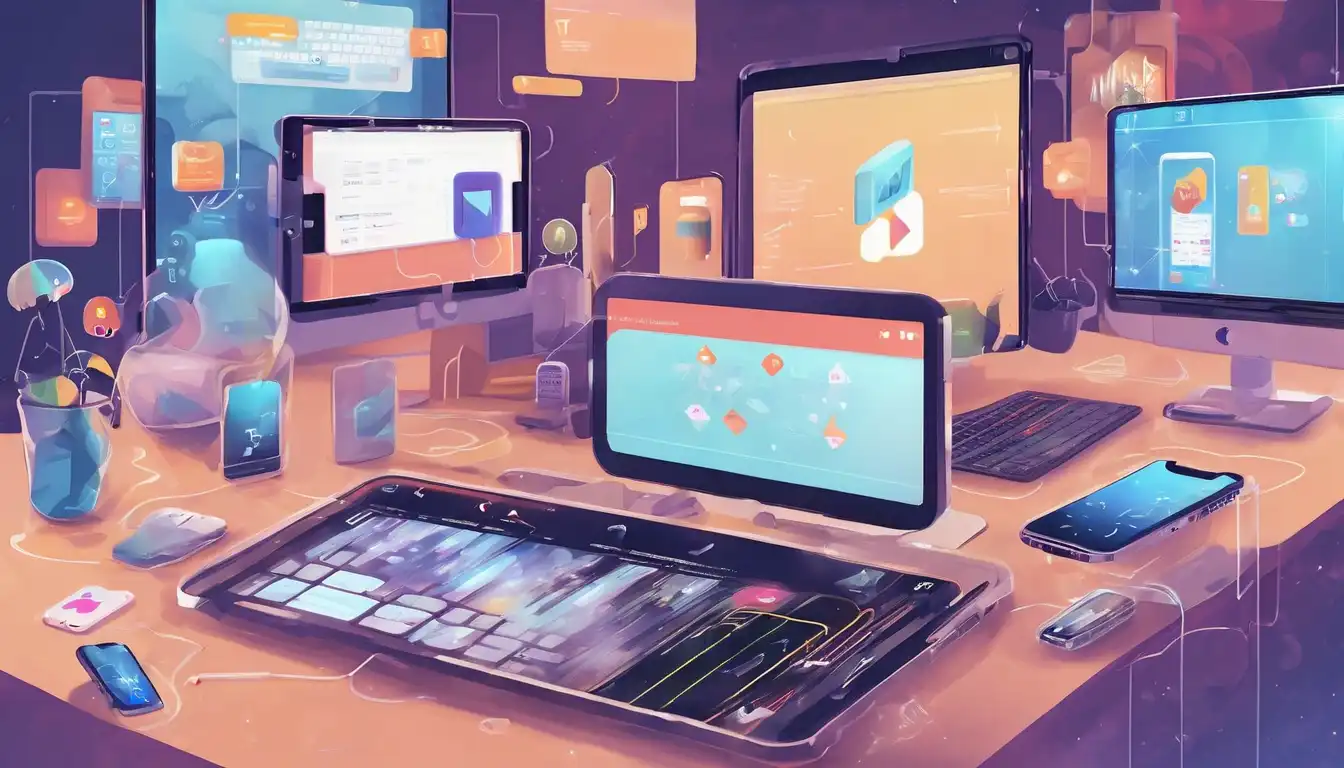Introduction to Flutter in Mobile Development
In the ever-evolving world of technology, Flutter has emerged as a groundbreaking framework for mobile development. Developed by Google, it enables developers to build natively compiled applications for mobile, web, and desktop from a single codebase. This article delves into how Flutter is shaping the future of mobile development, offering insights into its benefits, challenges, and why it stands out among other frameworks.
Why Flutter is a Game-Changer
Flutter's unique approach to mobile development allows for the creation of beautiful, fast, and responsive applications. Its use of Dart programming language and widget-based architecture ensures high performance and a seamless user experience across all platforms. Here are some reasons why Flutter is revolutionizing mobile development:
- Single Codebase: Write once, deploy anywhere. Flutter eliminates the need for separate codebases for iOS and Android.
- Hot Reload: This feature enables developers to see changes in real-time, significantly speeding up the development process.
- Rich Widgets: Flutter offers a wide range of customizable widgets that help in creating visually appealing applications.
- Community Support: With a growing community, Flutter developers have access to a wealth of resources and plugins.
Challenges and Considerations
Despite its numerous advantages, Flutter is not without its challenges. The framework is relatively new, which means it has a smaller pool of experienced developers compared to more established frameworks. Additionally, while Flutter apps are generally performant, they may not always match the performance of native apps in complex scenarios.
Flutter vs. Other Frameworks
When compared to other cross-platform development frameworks like React Native and Xamarin, Flutter stands out for its performance, ease of use, and the quality of applications it produces. Its ability to compile to native code gives it an edge in terms of speed and efficiency.
Looking Ahead: The Future of Flutter
The future of Flutter looks promising. With continuous updates and improvements from Google, it's poised to become the go-to framework for mobile development. Its adoption by major companies is a testament to its potential. As the Flutter community grows, we can expect more innovative features and broader support for web and desktop applications.
For those interested in diving deeper into Flutter, exploring its Dart programming language and widget-based architecture can provide valuable insights into its inner workings and advantages.
Conclusion
Flutter is redefining the landscape of mobile development with its innovative features and cross-platform capabilities. While it faces challenges, its benefits far outweigh the drawbacks, making it a compelling choice for developers and businesses alike. As we look to the future, Flutter's role in mobile development is only set to increase, offering exciting possibilities for creating high-quality, performant applications.
